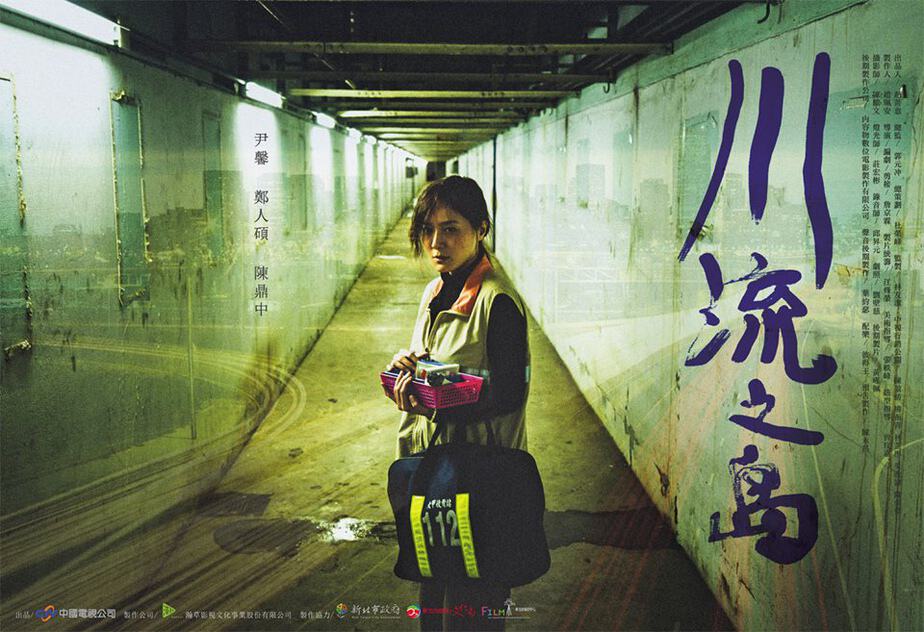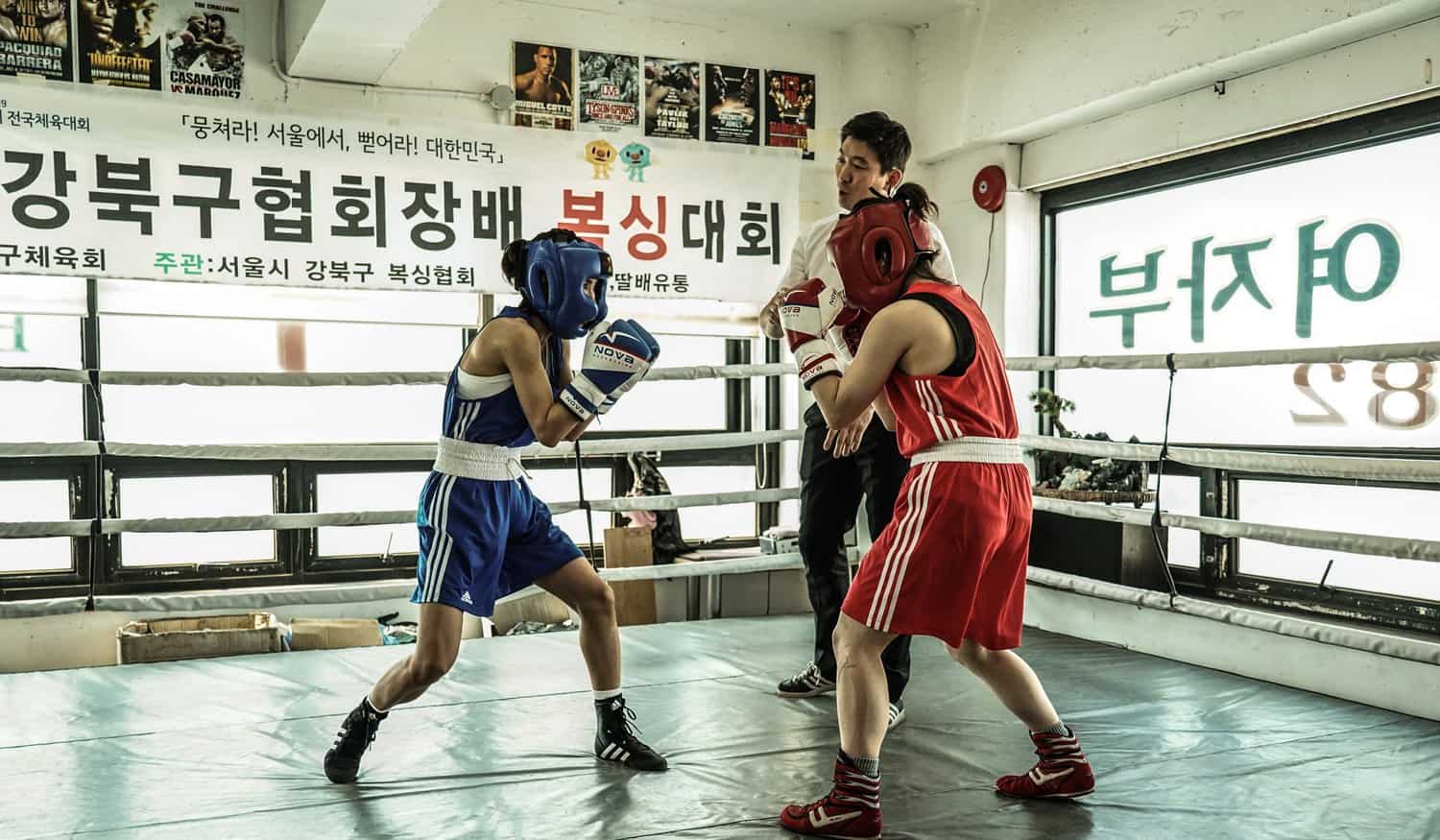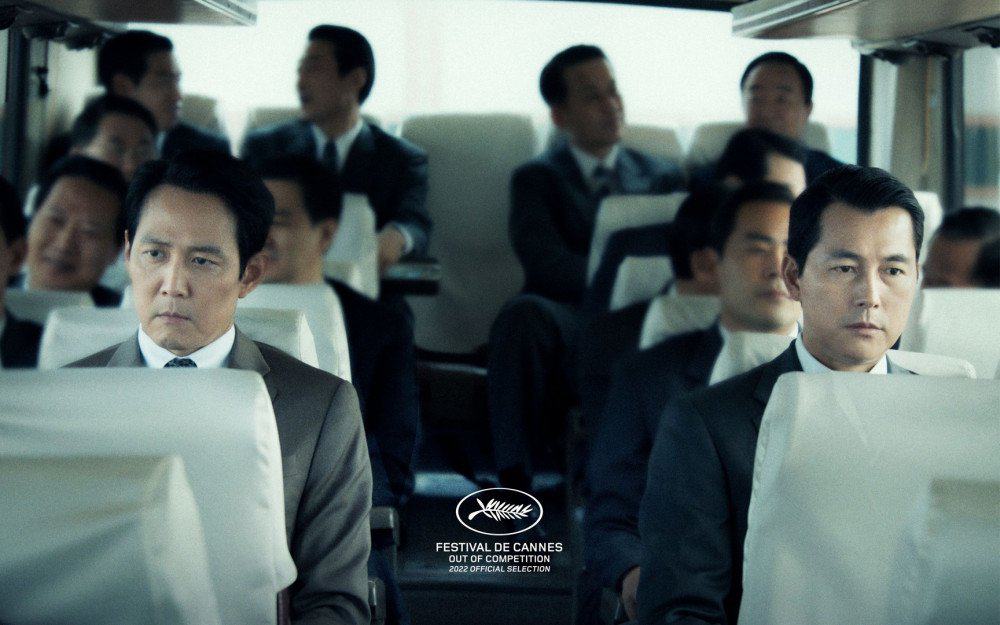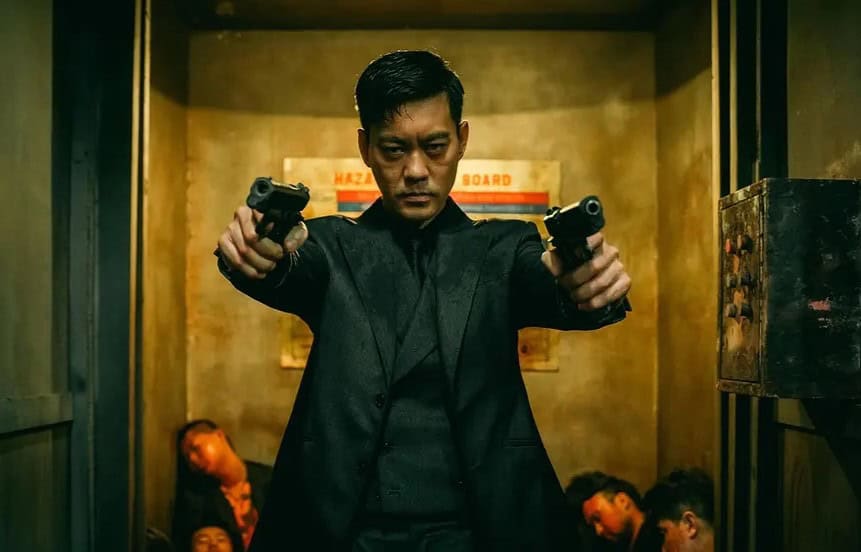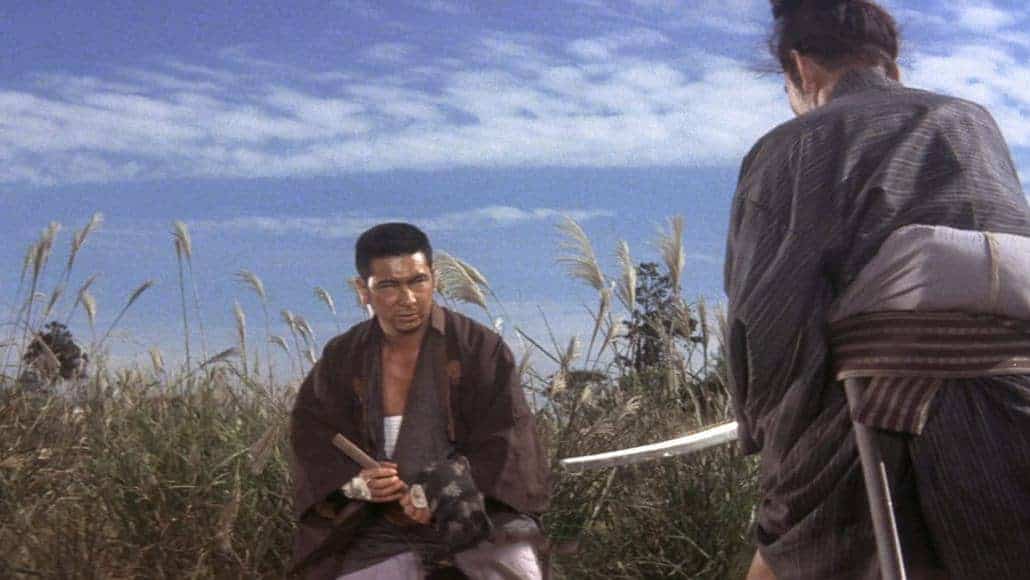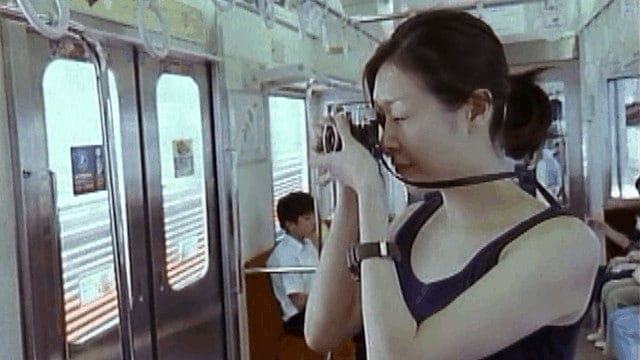“Clytaemnestra”, the full-length debut by Ougie Pak, was written and shot during a workshop for actors in Greece. The movie premiered at BAMcinemaFest 2021.
“Clytaemnestra” is screening at San Diego Asian Film Festival

Hye Bin (Haru Kim) arrives in Greece for the rehearsals of a new rendition of Aeschylus' “Agamemnon”. Though initially set to play Clytemnestra, the young actress is soon changed by the famous but domineering director (Jongman Kim) with the famous and subservient actress Ian Kim (Taehee Kim). As Hye Bin starts getting bullied the other actress and her skills are constantly questioned by the director and the entire crew, the young woman begins feeling desperation.
Early on in the film, the director of the play plays a clip of “Agamemnon” to the actors and asks them about the themes of the ancient tragedy. Some of them say it is Han, using Korean concept for a Greek piece, while others, that it is about revenge. All quite predictable, if at times funny, readings of the play. Hye Bin, though, is convinced that it's about power relations, showing her view of men and the director in particular. In her eyes, and in ours, because we see the unfolding of the story largely from her perspective, he is a terrible human.

Pretentious, inconsiderate, emotionless, slimy, womanizing, and abusing the crew. Like a true egomaniacal tyrant or maybe a cult leader (he always wears a white linen suit befitting a cult guru), he chooses actors based on whim and personal liking than talent. And conversely, punishes or even worse, throws out others based on the same. He, and the majority of the actresses, save for Hye Bin, act just as he expects them to. They praise him and enable him even more.
One of the ways he abuses the actresses is by constantly drilling them with the question if they can feel the intention behind the way their colleagues portray their characters during rehearsals. This question seems to be directed to us as much as the fictional characters onscreen, as we begin asking ourselves that as the movie progresses. Can we understand the intentions behind almost everything each of the characters is doing, especially Hye Bin and the director? Why he abuses her like that, why she does what she does at the end? The answer is no, but we also aren't expected to, because male power and privilege and the abuse they enable are never logical, the movie seems to say. Yet, it does so rather unconvincingly because of poor characterization. The fictional director is entitled and dictatorial, simply because he has to be so, muddling the intention behind him.
For a movie about a group of actors rehearsing an Ancient Greek play that has been shot in Greece, “Clytaemnestra” seems to be uninterested in the country and its atmosphere. Save for a brief scene at an ancient theater and one on a generic cliff, the entire movie takes place in a house somewhere in the countryside. Boring-looking empty rooms, generic furniture, a bit of nature that looks like Jeju Island… Nothing here conveys the atmosphere of the birthplace of Greek tragedy, or any atmosphere for that matter. Neither why has the troupe decided to rehearse the play there. Just like the majority of the story, especially towards the end, there is no intention behind it, as the fictional director would say.
Though “Clytaemnestra” sets out to explore important topics such as patriarchy in the era of the #MeToo movement, the idea of the director's power, and madness, in the end, the movie fails to say much about either of them.



